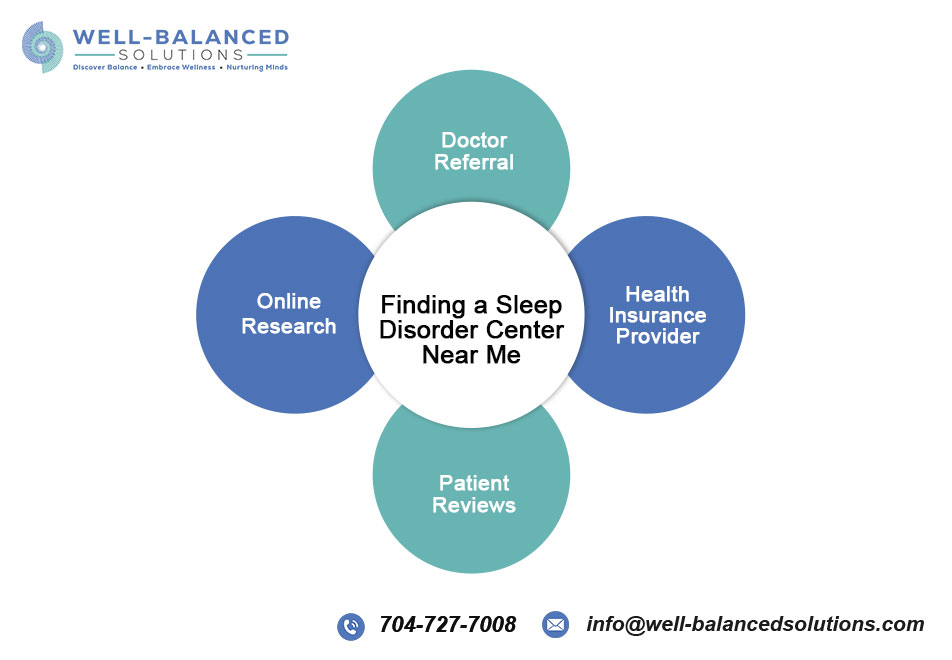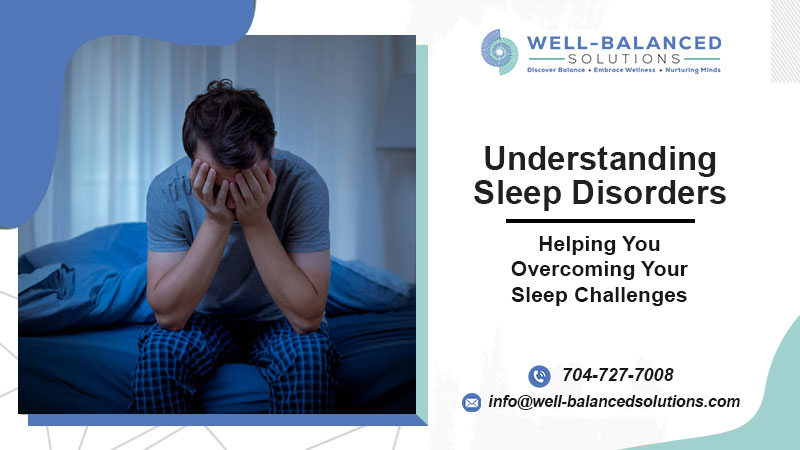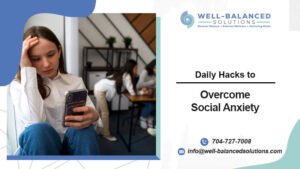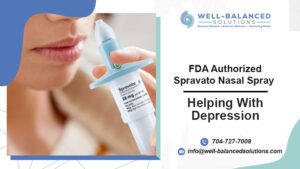Not able to fall asleep? You’re not alone. Lack of sleep is not only annoying, but it can also be very bad for your health. For example, you have a 48% higher chance of getting heart disease, your immune system gets weaker, and your brain functions worse. Studies have also shown that not getting enough sleep leads to 100,000 crashes every year in the U.S.
We have experts at identifying and treating a wide range of sleep disorders here at the Sleep Disorders Center of Virginia.
Our expert team is committed to helping you get restful, rejuvenating sleep so you can feel your best every day when you wake up. They do this by using innovative diagnosis tools and new treatments.
The CDC says that 50 to 70 million Americans have chronic sleep disorders and that one in three adults don’t get enough sleep.
This blog will discuss the most prevalent sleep problems, their health effects, and the current diagnostic and treatment options. Understanding the causes and treatments of insomnia and other sleep difficulties can help you sleep better and feel better.
Understanding Sleep Disorders
Various types of sleep disorders can affect individuals, each with unique symptoms and consequences.
Symptoms Of Sleep Disorder Are:
Insomnia: Difficulty falling or staying asleep, often leading to fatigue and decreased productivity.
Sleep Apnea: A condition where breathing repeatedly stops and starts during sleep, increasing the risk of heart disease and other complications.
Restless Leg Syndrome (RLS): A neurological condition characterized by an uncontrollable urge to move the legs, disrupting sleep patterns.
Narcolepsy: Excessive daytime sleepiness and sudden sleep attacks, which can interfere with daily activities.
Parasomnias: Abnormal behaviors during sleep, such as sleepwalking or night terrors.
Additionally, ADHD can also cause sleep difficulties. ADHD sleep disorder sufferers typically have trouble falling asleep, restless sleep, or frequent nightly awakenings. This correlation underscores the need for patient-specific diagnosis and treatment.
Recommended Sleep Duration
Sleep is essential for overall health and wellness. While people’s sleep needs may differ, experts advise that adults should aim for seven to nine hours of sleep per night. The ideal amount of rest also varies by age, with children and teenagers generally requiring more sleep than adults to support their growth and development.
How the Sleep Disorder Is Diagnosed
The Sleep Disorders Center of Virginia is a comprehensive sleep care center that provides patient-focused care for sleep disorders through:

- Sleep Evaluations: Assessments of sleep patterns, medical history, and lifestyle.
- Advanced Sleep Studies: In-lab and home tests to monitor brain activity, heart rate, and breathing.
- ADHD Sleep Assessments: Evaluations of how ADHD and neurological conditions affect sleep.
Specialized Treatment Plans for Sleep Disorders
Sleep disorders affect millions of individuals worldwide, impacting their overall health, daily functioning, and quality of life. The Sleep Disorders Center of Virginia is dedicated to providing specialized treatment plans tailored to each patient’s unique needs.
Each patient needs a customized strategy for sleep disorder care. After thorough exams, sleep testing, and patient history, the Sleep Disorders Center of Virginia customizes treatment regimens. The center targets insomnia, sleep apnea, restless leg syndrome, and narcolepsy to improve sleep and mental wellness.
Cognitive-behavioral therapy (CBT) for lack of sleep helps people change bad sleep habits into better ones. CPAP therapy works well for treating obstructive sleep apnea (OSA) because it keeps air flowing so the airways don’t close off and the person can sleep without being interrupted.
When behavioral therapy fails, medication may be used to control sleep cycles, alleviate daytime sleepiness, or treat underlying problems.
How the Center for Sleep Disorders Helps Patients Manage Long-Term Sleep Health
Treating sleep disorders effectively means more than just making the symptoms better. For long-lasting improvements in sleep health, treatment must be thorough and ongoing.
The Sleep Disorders Center of Virginia educates patients all the time, gives them individual follow-up care, and makes any necessary changes to treatment plans.
Patients can keep up healthy sleep habits and lower their risk of relapse by making changes to their lifestyle, practicing good sleep hygiene, and getting regular checkups.
Why Choose Well-Balanced Mental Health Solutions?
Choosing the right mental health provider is essential for effective care and long-term well-being. We Well-Balanced Mental Health Solutions are dedicated to delivering expert, personalized care that meets your unique needs.
Our highly trained professionals use proven therapeutic approaches and advanced diagnostic tools to ensure accurate assessments and effective treatment plans. With a commitment to evidence-based practices, we help individuals achieve mental clarity, emotional stability, and overall wellness. Trust Well-Balanced Mental Health Solutions to guide you toward a healthier and more fulfilling life.
Finding a Sleep Disorder Center Near Me
To locate a sleep center, consider the following approaches:

- Online Research
- Doctor Referral
- Health Insurance Provider
- Patient Reviews and Testimonials
Today, make the first step—schedule your consultation—and put your sleep health first!
Conclusion
If you want to improve your health, productivity, and quality of life, you need to get skilled help for sleep disorders. Sleep problems that aren’t handled can cause serious health problems, so it’s important to find them early and do something about them.
If you have trouble sleeping regularly, Go to the Sleep Disorders Center of Virginia, North Carolina or call Well-Balanced Solutions to get an expert exam and treatment. Their specialists have access to innovative testing tools that can help you get a good night’s sleep.
FAQS
Q. How do I know if I need a sleep disorder center?
If you have trouble sleeping, excessive daytime fatigue, or loud snoring, a sleep study can help diagnose the issue.
Q. Does ADHD affect sleep?
Yes, ADHD can cause difficulty falling asleep, restless nights, and daytime drowsiness. The center offers customized treatment.
Q. What treatments are available?
Options include CPAP therapy, cognitive behavioral therapy for insomnia (CBT-I), medication, and lifestyle changes.
Resources Links
Sleep Disorders: Types, Causes, Symptoms & Treatment
Sleep disorder: Wikipedia
Sleep Disorders: Common Types, Symptoms, Treatments | Sleep Foundation







